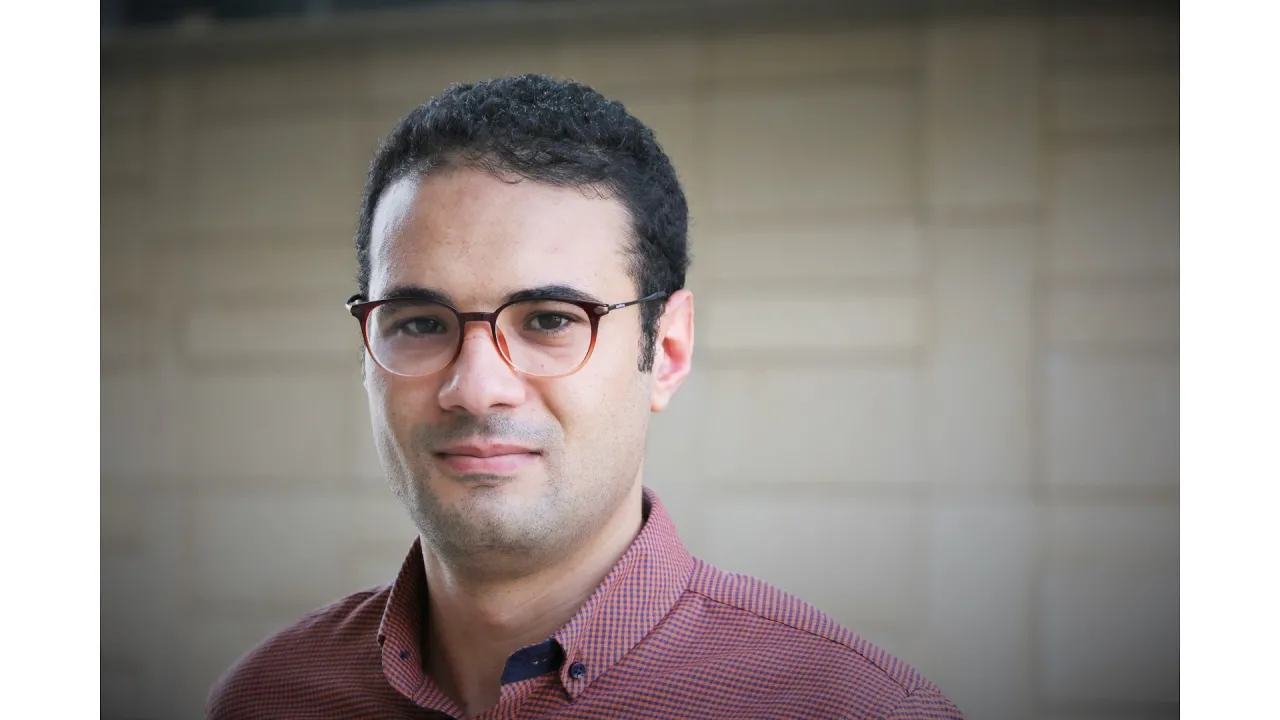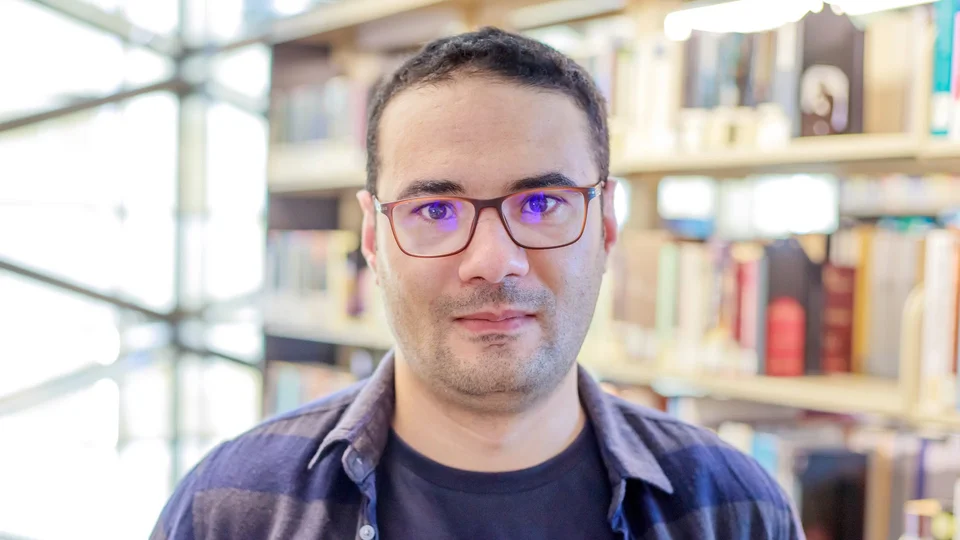
Ph. D. Student Khalil Elkhalil nominated finalist for the Best Student Paper Award in the IEEE MLSP Conference
Fast-placing Machine Learning (ML) is continuously in need of new algorithms, but testing their effectiveness is utterly time-consuming. "Asymptotic Performance Of Regularized Quadratic Discriminant Analysis Based Classifiers," a new paper presented by CEMSE Ph.D. Student Khalil Elkhalil puts ML on the fast gear and a finalist for the Best Student Paper Award in the IEEE MLSP Conference held last September in Roppongi, Tokyo, Japan.
About
-By Valentina De Vincenti
Fast-placing Machine Learning (ML) is continuously in need of new algorithms, but testing their effectiveness is utterly time-consuming. "Asymptotic Performance Of Regularized Quadratic Discriminant Analysis Based Classifiers," a new paper presented by CEMSE Ph.D. Student Khalil Elkhalil puts ML on the fast gear and a finalist for the Best Student Paper Award in the IEEE MLSP Conference held last September in Roppongi, Tokyo, Japan.
"I felt very excited and I did not expect at all since this was my first paper in the area of machine learning," commented Elkhalil supervised by Tareq Al-Naffouri, Professor of Electrical Engineering leading to international recognition for the impactful technological advancement of their work.
The IEEE MLPS Conference is the leading edge appointment by the Machine Learning for Signal Processing Technical Committee under the IEEE Signal Processing Society. Elkhalil presented his research at the annual workshop which gathers a plethora of bespoke scientists, researchers, and the big names in the ML industry.
The paper stood out as it permits to find the fundamental limits of a popular machine learning algorithm called "Quadratic discriminant analysis". The key tool to obtain such a result was the use of random matrix theory, a powerful mathematical tool that permits to characterize properties of large random matrices. "For that I am especially indebted to Dr. Abla Kammoun a research scientist here at KAUST for teaching me random matrix theory," he specified.
This contribution allows a better understanding of the machine learning algorithm and provides a theoretical framework to optimize its parameters without the need to refer to extensive simulations. More importantly, the CEMSE team's work can be extended to analyze the performance of other machine learning algorithms for a better understanding of the theory and allows a more efficient implementation.
Elkhalil joined CEMSE after finishing his undergraduate studies in SUP'COM Tunisia in summer 2012. The encounter with Prof. Al-Naffouri made him chose KAUST MA program in Electrical Engineering, attracted by his supervisor's research.
"I liked what Prof. Al-Naffouri was doing, and I was convinced that a Master's degree is a suitable choice for someone who wants to pursue a career in research since it gives proper training with the courses and prepares you well for a successful Ph.D.".
Questioned about his time at the University, Elkhalil said: "I enjoyed my life at CEMSE. I think KAUST is a unique place because it is one of the few places in the world where you enjoy your life and focus on your research at the same time. My research experience was very fruitful because I had the chance to work on something I like which is not the case in other places where from day one you have the constraint to work on a specific project.
After the international recognition, Elkhalil plans to continue a career in research focusing on the areas of statistical signal processing and machine learning: "This can be either in industry or academia; I am open to both scenarios," he concluded.
